7 Local SEO Ranking Factors Every Small Business Should Know
If you’re a local business owner, your website isn’t just a nice-to-have—it’s your digital storefront. In many cases, it’s the first impression someone gets before they ever call or walk through your door. But a great-looking site only goes so far if no one can find it. That’s where local SEO comes in.
At Next Gear Labs, we help small businesses get found online without wasting time or money on marketing that doesn’t work. This guide breaks down what local SEO is, why it matters, and seven essential ranking factors that can help you attract more local customers.
What Is Local SEO?
Local SEO (Search Engine Optimization) is the practice of optimizing your website and online presence so people nearby can find you when they’re searching for your products or services. Done right, it helps level the playing field between small businesses and the big guys by focusing on local relevance rather than national reach.
Think: “plumber near me,” “best coffee shop in [your city],” or “emergency vet Austin.” Those are all examples of local search—and businesses that rank high in those results are getting the clicks.
The 7 Most Important Local SEO Ranking Factors
Google’s algorithm is constantly changing—some experts say up to 600 times a year. But the good news is, you don’t need to chase every update. These seven core factors stay relatively consistent and give you the best chance at ranking locally.
1. Google Business Profile
Formerly known as Google My Business, your Google Business Profile is the cornerstone of local SEO. It’s what shows up in Maps, local search results, and the knowledge panel on Google.
Make sure your listing:
Is verified and up to date
Includes your business hours, contact info, and website
Has a keyword-rich description
Showcases photos or videos of your location or services
Pro tip: A well-optimized profile increases your chances of showing up in the “local 3-pack” (the map results at the top of a Google search).
2. Online Citations
A “citation” is any online mention of your business’s name, address, and phone number (NAP). You’ll often find these in directories like Yelp, YellowPages, or local chamber of commerce sites.
Why they matter:
They confirm your business’s legitimacy and location
Consistency across sites helps Google trust your data
They drive traffic to your site and calls to your business
Just make sure your NAP is identical everywhere—small differences (like “St.” vs. “Street”) can hurt.
3. Reviews
Online reviews are one of the strongest trust signals for both search engines and real people. Google uses them to gauge your credibility and relevance.
Encourage happy customers to leave a review, especially on:
Google
Facebook
Yelp (depending on your industry)
Fun stat: 84% of people trust online reviews as much as a personal recommendation.
4. On-Page Optimization
This is where your website needs to speak the same language your customers are typing into Google.
Here’s how to do that:
Use relevant keywords in page titles, headers, content, image alt tags, and meta descriptions
Structure your content with header tags (H1, H2, etc.) for easy scanning
Optimize image sizes to improve load times
Use bullet points and short paragraphs for readability
Bottom line: Make your website helpful and easy to navigate—for both users and search engines.
5. Local Backlinks
A backlink is a link from another website to yours, and for local SEO, getting links from other local businesses or media outlets can boost your authority.
How to earn local backlinks:
Write guest posts for local blogs
Partner with other businesses and link to each other
Get featured in local news or industry directories
High-quality, local links are like votes of confidence for your business.
6. Visitor Behavior
Google pays attention to what people do when they land on your site. If visitors leave quickly (a high bounce rate), that’s a red flag. If they stick around, click around, or take action, that’s a signal you’re giving people what they need.
Ways to improve engagement:
Write helpful, clear content that answers questions
Use strong calls to action (like “Book a consultation” or “Get a quote”)
Make your site mobile-friendly and fast
More engaged visitors = better rankings = more leads.
7. Social Media Signals
Google may not use social media as a direct ranking factor—but the indirect benefits are real. Social engagement drives traffic, builds brand awareness, and shows Google that people care about your business.
Post regularly. Encourage likes, shares, and reviews. And make sure your business profiles (especially Facebook and Instagram) are complete and aligned with your website info.
Bottom line: An active social presence builds trust and visibility.
Why Local SEO Matters for Small Businesses?
Here’s what happens when you take local SEO seriously:
✅ More people find you online
✅ You appear more trustworthy and professional
✅ Positive reviews act as social proof
✅ You spend less on paid ads over time
Whether you’re running a single shop or managing multiple locations, investing in local SEO pays off.
How to Get Started?
If you’re not sure where to begin, focus on these four things:
Claim and optimize your Google Business Profile
Clean up and align your business info across directories
Get more reviews from happy customers
Refresh your website with local keywords and clear CTAs
At Next Gear Labs, we help small business owners build smarter marketing systems—local SEO included. Want help? Let’s schedule a call to talk through your goals and how we might be able to implement some affordable marketing systems to help you.
Let’s make sure customers can find you, trust you, and choose you.

